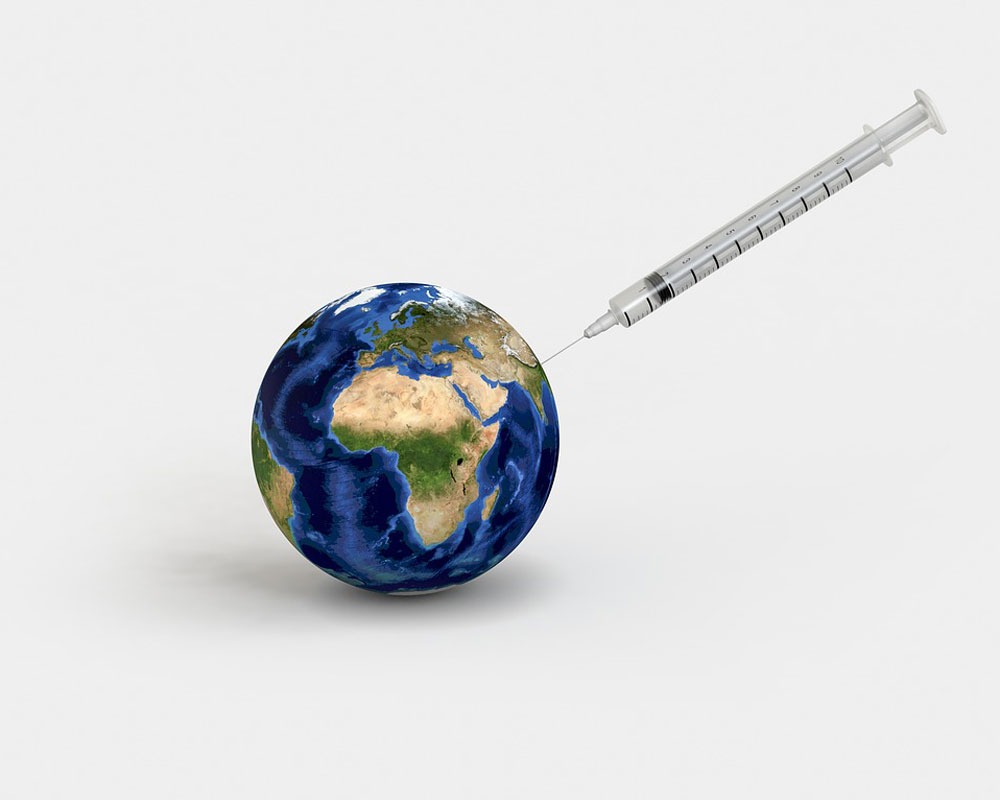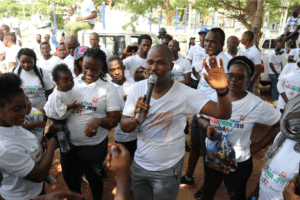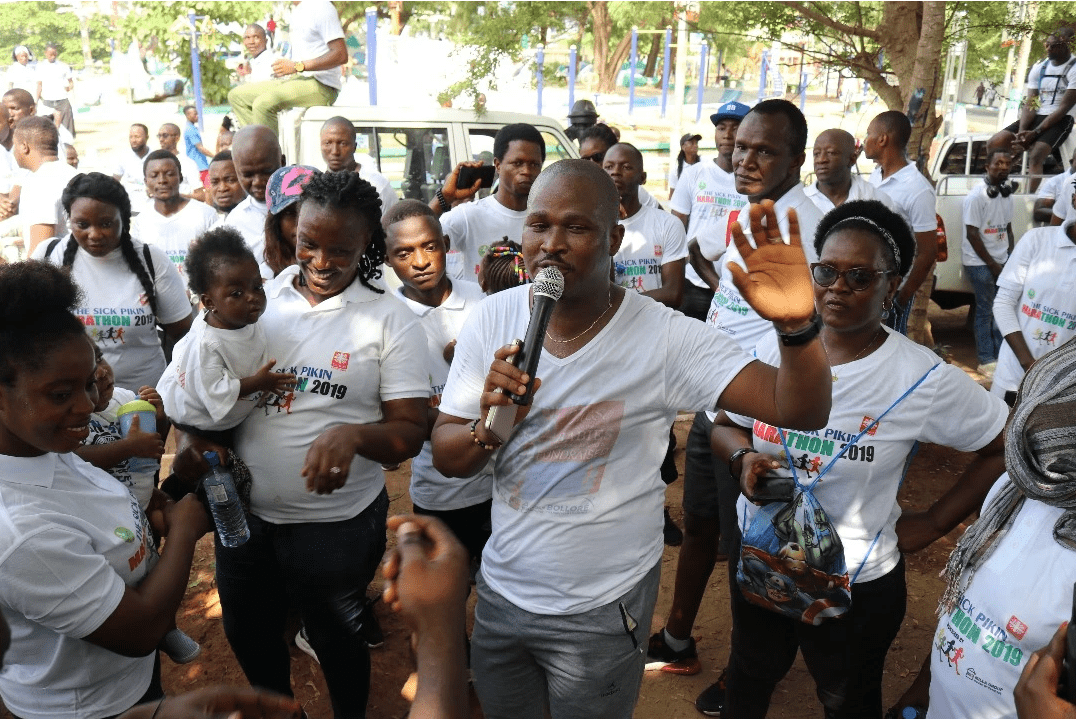
December 13, 2019; Vox
The World Health Organization, write Julia Belluz and Marine Buissonniere in Vox, has worked with six consultant groups as part of its current round of “transformation.” The consultancy firms—McKinsey, BCG, Deloitte, Preva Group, Seek Development, and Delivery Associates—cost the international organization a combined $12 million, “at least a quarter of which has been paid for directly by the Bill and Melinda Gates Foundation.”
This, the Vox writers add, is unsurprising. “Global health, a field dedicated to improving the health and wellbeing of the poor and most vulnerable, has quietly developed a penchant for highly paid management consultants and their business world tools.” Belluz and Buissonniere reached this conclusion after interviewing more than 80 global health leaders and staff, current and former consultants at multiple firms, researchers, health care professionals, and NGO workers, many of whom said that consultants’ presence in the field had become “pervasive” and “ubiquitous.”
Sometimes, consultants deliver good results, but often their work falls short. “After 30 years of work at many institutions, nothing done by management consultants comes to my mind as having been brilliant, and a lot has been inappropriate and wasteful of time and resources,” observes Mukesh Kapila, who led the United Kingdom’s first HIV/AIDS program. Madhu Pai, who directs McGill University’s global health program, wrote of an African colleague who has had to face “‘kids’ with little or no experience [coming] all the time to ‘advise’ her government on what to do about health.” Pai calls this “global health consulting malpractice.”
A number of consultancy firms receive global health contracts, including Dalberg, PwC [PricewaterhouseCoopers], Accenture, and Bain. Belluz and Buissonniere see two, McKinsey and BCG [Boston Consulting Group], as most prominent, indicating those two firms “have consistently been among the top five professional services’ contractors at the Gates Foundation, even after the organization vowed to, and did, curtail spending on consultants beginning in 2015.”
Global health, with support from Gates, has expanded considerably over the past two decades. Since its inception in 2000, Gates has given out more than $50 billion, the overwhelming majority of which has gone to global health and related fields.
As Belluz and Buissonniere write, “The foundation’s funding helped set up public-private partnerships like Gavi, which has boosted immunization rates around the world. The foundation distributed billions of dollars to fight crippling infectious diseases such as polio, HIV/AIDS, tuberculosis, and malaria.” Gavin Yamey, a professor of global health and public policy at Duke University and a Gates Foundation grantee, estimates that the support Gates has given Gavi has helped save 13 million lives.
Sign up for our free newsletters
Subscribe to NPQ's newsletters to have our top stories delivered directly to your inbox.
By signing up, you agree to our privacy policy and terms of use, and to receive messages from NPQ and our partners.
But, notes Linsey McGoey, a University of Essex professor and author of the book No Such Thing As a Free Gift, the foundation has also brought a way of working that has encouraged organizations like the WHO to become highly consultant dependent.
All told, Gates has “spent more than $300 million on McKinsey and BCG between 2006 and 2017, according to the foundation’s tax returns. That’s more than the domestic health budget for an entire low-income country, like Haiti. It’s also roughly half of what the US government spent on McKinsey and BCG in the last decade,” write Belluz and Buissonniere.
For a firm like McKinsey, social sector projects might generate $100 million a year—or one percent of gross revenues. Still, social projects have proven to be a powerful recruiting tool. An ex-consultant who quit a major firm over a public health project she thought the firm handled badly told Belluz and Buissonniere, “The harm is you’re taking scarce research and development resources you could have put into better things.”
The growing reliance on what are often US consulting firms also is a symptom of what in international development is often called the “white savior complex.” In other words, the work is still done by people in wealthy countries for people in developing countries, often without local participation. “It’s frustrating in 2019 that the flows [of money and knowledge] are entirely from north to south,” says Pai.
Consultants, notes Pai, “are able to talk the language that’s understood by corporate philanthropies and the private sector—they are comfortable with that way of thinking but many of them aren’t anywhere close to the ground. The amount of money you’d pay for McKinsey, BCG, or Deloitte [consultants]—you could probably hire several deeply experienced country experts. But unfortunately, the national expertise is undervalued.”
Beyond the obvious inequities in pay and status, outside consultants also often give advice that lacks context. Sandro Galea, dean of the Boston University School of Public Health, recalls management consultants advising government officials in Liberia a decade ago to create a system for electronic medical records for the whole population. Galea explains, “I am thinking, there isn’t electricity here for 23 of 24 hours a day….Consultants are drawn to flashy technology, but that technology requires infrastructure, like electricity, that was nonexistent.”
Despite such obvious pitfalls, however, the pattern continues. As Pai points out, “The corporate way of thinking has become the way global health organizations think.”—Steve Dubb












